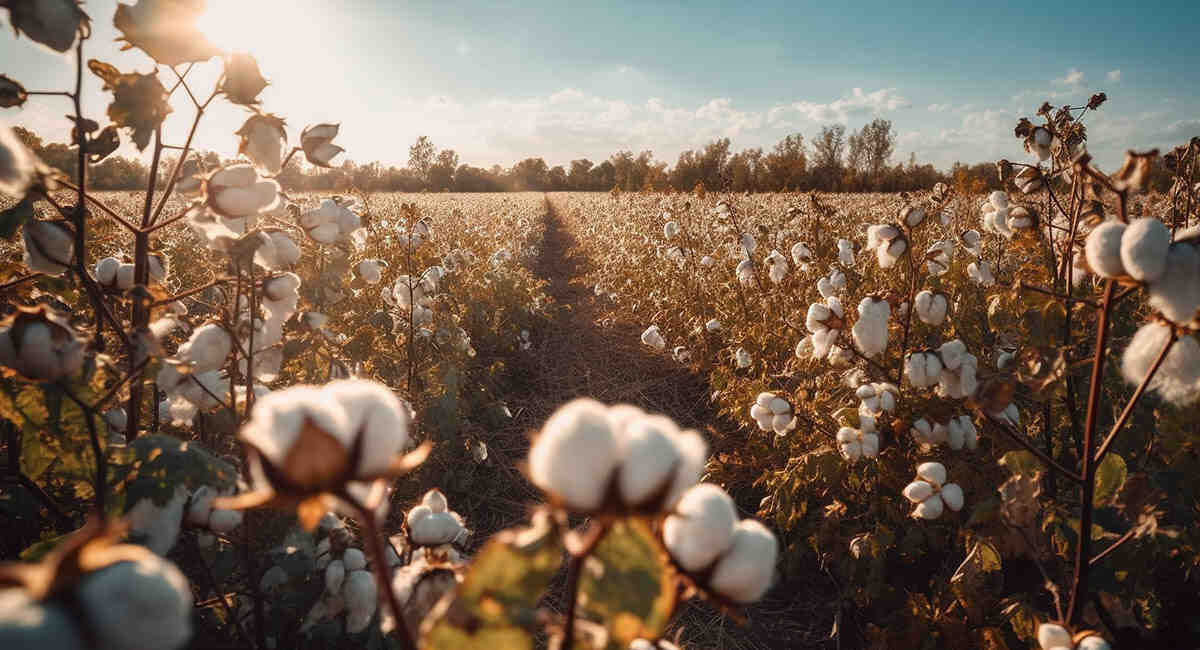Debunking Myths About Organic Cotton
Let’s be real: we live in a world where ‘organic‘ has become the Beyoncé of buzzwords everywhere, glamorous and slightly mysterious. And when it comes to organic cotton, it’s wrapped in layers of myth thicker than your grandma’s winter quilt. People swear by it, others roll their eyes, and many are just plain confused. Today, environmentally conscious fashionistas are popping the cotton pill and busting the most common myths about organic cotton with some panache. Grab your oat latte, take a seat, relax, and let’s dissect the cotton dilemma.
Myth #1: Organic Cotton Is Just a Marketing Gimmick
Oh, honey, no! The organic cotton is not the kale of fashion. It’s not a hype; it’s hardcore. Traditional cotton farming uses a heavy cocktail of artificial pesticides and fertilizers, which can damage soil, water, and the health of farmers. Organic cotton, on the other hand, is grown without the use of any harmful chemicals, making it gentle on the Earth and you.
Fact: Organic cotton farming nurtures healthier soil, conserves water, and promotes biodiversity. If that’s a gimmick, we want more of it!
Myth #2: Organic Cotton Wastes More Water
Cue dramatic gasps. This one is surprisingly common but also entirely false. Yes, cotton is a thirsty crop, but organic cotton consumes up to 91% less water than conventional cotton because it’s grown in rain-fed areas, and the soil retains moisture better.
Translation: That organic cotton tee you’re eyeing? It probably drank less water than you did in your last long shower.
Myth #3: There’s No Difference in Quality
Listen, quality isn’t just about touch; it’s about the journey from seed to seam. Organic cotton fibers are often longer and softer because they’re handpicked and grown without harsh chemicals. That means comfier, longer-lasting clothes with fewer itches and irritations.
So, yes, your skin will thank you, especially if it’s sensitive, dry, or both.
Myth #4: Organic Cotton Isn’t Better for Farmers
This one breaks our stylish little hearts. The truth is that organic cotton farming supports healthier working conditions, reduces chemical exposure, and encourages fairer trade practices. Many certified organic cotton farms are part of programs that promote ethical labor and empower smallholder farmers.
Picture this: A farmer working in a chemical-free field with clean water and fair wages; now that’s fashion forward.
Myth #5: It’s Not Truly Organic Unless It’s White
Stop the press, this one’s just plain weird. Organic cotton comes in all shades, from natural earth tones to bright, eco-dyed hues. The ‘organic’ label refers to how it’s grown, not its color. So no, your beige tee isn’t more organic than your tie-dyed crop top.
Good News: You can be eco-chic and colorful. No more dressing like an off-duty monk (unless that’s your vibe, in which case respect).
Myth #6: It’s Too Expensive
Let’s have a heart-to-heart. Yes, organic cotton pieces can come with a higher price tag, but you’re not just paying for fabric. You’re investing in cleaner ecosystems, fairer wages, and a future where fashion doesn’t wreck the planet.
And guess what? With growing demand and the emergence of more ethical brands, prices are becoming increasingly competitive. Additionally, organic cotton lasts longer, resulting in lower long-term costs.
Think of it as fashion with a 401(k).
Myth #7: Organic Cotton Is the Ultimate Solution to Fast Fashion
Well, organic cotton is a major upgrade, but it’s not a magic wand. It still takes energy and resources to grow, spin, dye, and ship. That’s why conscious consumption matters. Organic cotton is a powerful piece of the sustainable puzzle, but it works best when paired with mindful buying, wardrobe longevity, and a touch of second-hand flair.
Moral of the myth: Organic cotton helps, but you make it sustainable.
The Final Stitch
Fashion isn’t just what you wear; it’s a statement of who you are. Choosing organic cotton doesn’t mean giving up style; it means upgrading your wardrobe with purpose, power, and love for the planet. So, the next time someone says organic cotton is just a trend, flash your tee, drop a fact bomb, and walk away like it’s Fashion Week.
Stay fabulous. Stay informed. And remember: Sustainability never goes out of style.


